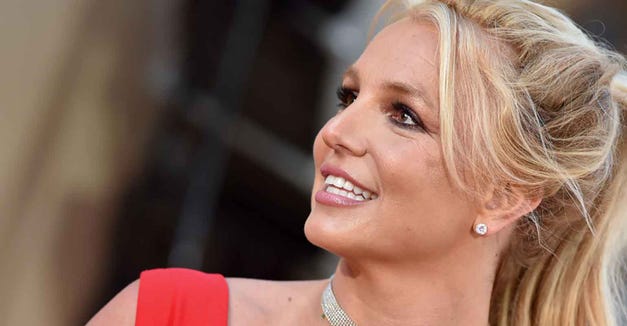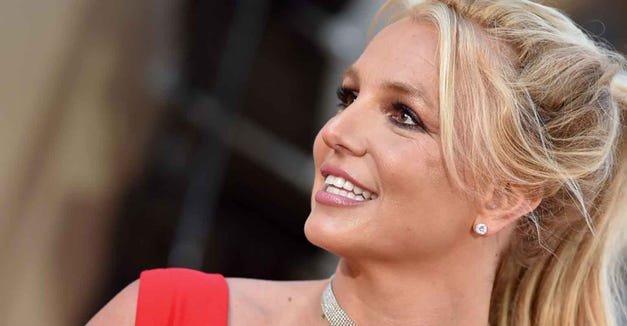In recent years, guardianships and conservatorships have become a topic of mainstream conversation, largely due to high-profile guardianship and conservatorship matters involving celebrities. Guardianships and conservatorships, while designed to protect vulnerable individuals who lack the ability to manage their own personal and financial affairs due to age, illness or disability, have given rise to important questions about individual autonomy and rights, the potential for abuse and the importance of oversight of guardians and conservators themselves. Let’s examine guardianship and conservatorship proceedings through the lens of two recent cases involving TV personality Wendy Williams and pop star Britney Spears.
What are Guardianships and Conservatorships?
A guardianship or conservatorship proceeding is the legal process through which a court determines whether an individual is incapable of making personal decisions (such as those related to food, clothing, shelter, medical care, education and social and recreational activities) and/or financial decisions. If an individual is determined to lack such capabilities, the court appoints a representative (that is, a guardian or a conservator) to make those decisions on behalf of the individual, also known as a “protected person,” subject to guardianship or conservatorship.
When are Guardianships and Convervatorsips Warranted?
The exact requirements vary by state, but generally, the appointment of a guardian or conservator is warranted when someone is impaired, such that they’re unable to receive and evaluate information and make decisions concerning their personal or financial affairs. A guardian or conservator can’t be appointed simply because someone makes bad choices—the individual for whom a guardianship or conservatorship is sought must not be capable of receiving information and making decisions.
Who Can Be a Guardian or Conservator?
Under most state laws, certain individuals are favored or have priority to be appointed as guardian or conservator. These individuals include those nominated by the protected person, an agent for the protected person, the protected person’s spouse or partner in a civil union and the protected person’s adult child or parent. When there’s no one available or willing to serve or those with priority aren’t appropriate to serve, the court may appoint a professional guardian or conservator.
Wendy Williams
On March 10, 2025, Wendy set off a flurry of media activity when she was seen waving from her apartment in her assisted living facility and was later transported to the hospital after reportedly tossing a handwritten note out the window that read “help!” Although most of the court records in Williams’ case are sealed, it’s been widely reported that a guardian was appointed for Williams in 2022 after a financial advisor described her as a “victim of undue influence and financial exploitation” and raised concerns about her mental capacity and suspicious transactions made by her son, who was her nominated agent under power of attorney.
Thereafter, in 2024, Williams’ team announced that she had been diagnosed with frontotemporal dementia—a type of dementia that often presents with behavioral and personality changes, including socially inappropriate and impulsive behaviors and impaired judgment. Wendy has since denied the diagnosis and publicly criticized the guardianship. Her court-appointed guardian has recently requested that she undergo comprehensive neurological and psychological testing to determine whether she has capacity.
Britney Spears
Britney was subject to a conservatorship. Her father, James P. Spears, was appointed as her conservator, with control over her personal and financial affairs. The appointment was made following Britney’s high-profile divorce and a series of public incidents that gave rise to questions about her mental health and possible substance abuse.

Britney Spears
Britney’s conservatorship remained largely out of public view for years until the social media-based #FreeBritney movement gained momentum. Britney’s supporters argued that the conservatorship unduly restricted her autonomy and that she was being exploited by her conservator (her father). Initially, James was suspended as Britney’s conservator, and ultimately, the court terminated the conservatorship altogether, finding that it was no longer warranted, as Britney had argued.
Here are four takeaways for advisors who may have clients needing a guardianship or conservatorship.
Legal representation. As in Britney’s case, an attorney can be an effective advocate for the protected person’s rights. In many jurisdictions, the court is already required to appoint an attorney for the individual for whom the guardianship or conservatorship is sought if that individual doesn’t have a private attorney.
Oversight and transparency. In light of Wendy’s and Britney’s cases and others like them, guardianship and conservatorship reform advocates have called for additional transparency and oversight, including regular court reviews and increased public access to records. To these ends, some states already require annual (or more regular) reporting by guardians and conservators as well as public access to records (subject to certain parameters to protect, for example, confidential medical records).
Termination. Under most state laws, protected persons can petition the court to terminate a guardianship or conservator. Should Wendy’s neurological and psychological testing demonstrate that she doesn’t suffer from impairments that render her unable to receive and evaluate information and make her own financial decisions, her likely next steps would be to petition the court to request termination of her guardianship.
Alternatives. Alternatives to guardianships and conservatorships can and should be considered, including medical powers of attorney, financial management alternatives such as representative payees, powers of attorney, and trusts, and limited guardianships and conservatorships.
Effective Mechanisms
Although Wendy’s guardianship and Britney’s conservatorship may warrant some criticism, guardianships and conservatorships can often be effective mechanisms to protect society’s most vulnerable from abuse and harm. In light of the concerns raised in the wake of their cases, among others, it’s important to ensure that the laws that govern guardianships and conservatorships are used appropriately and guardrails for protected persons are maintained and enforced to preserve the autonomy of the protected person to the greatest extent possible.









